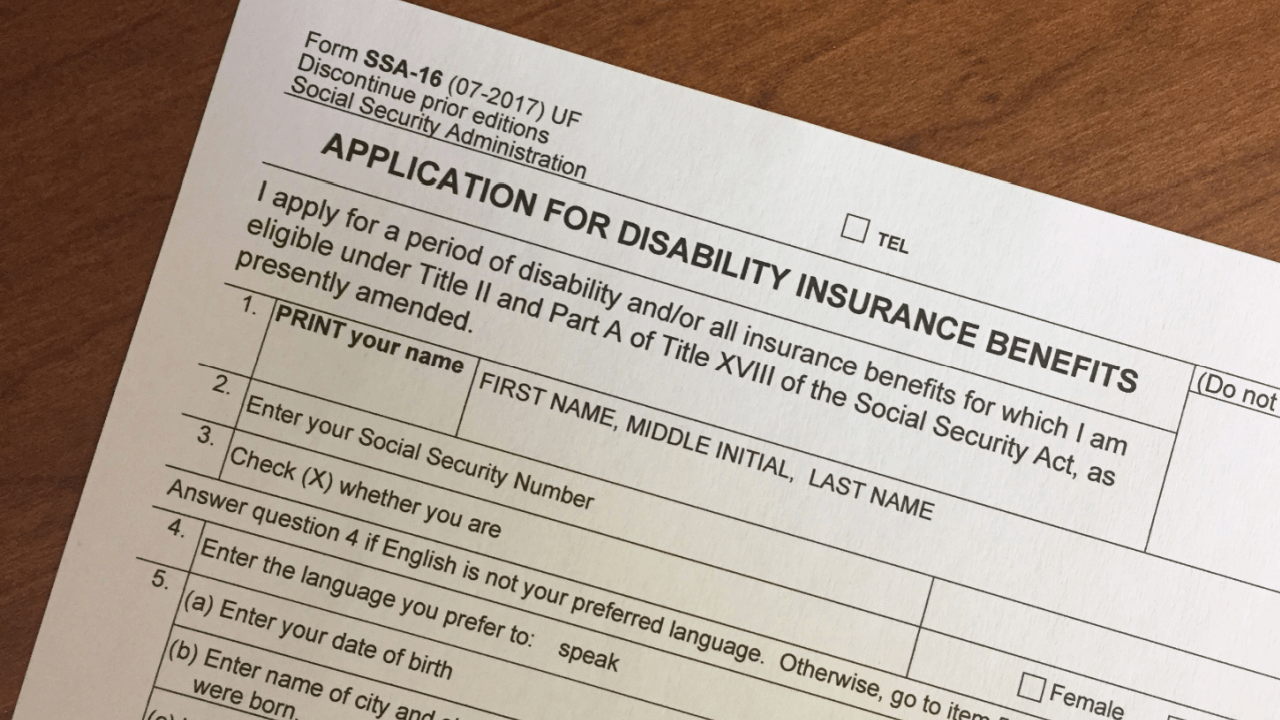
Why Is It So Hard to Get SSDI Benefits? Complete Guide
Why Is It So Hard to Get SSDI Benefits? The Reality Behind Denials
Why is it so hard to get SSDI benefits? The answer lies in a complex system designed with strict requirements and lengthy evaluation processes. Social Security Disability Insurance (SSDI) maintains high standards to ensure benefits reach only those who truly qualify. However, this stringent approach often creates significant barriers for legitimate applicants who desperately need financial support.
Understanding these challenges helps applicants prepare better documentation and navigate the system more effectively. The process involves multiple evaluation stages, extensive medical requirements, and specific legal criteria that many applicants struggle to meet initially.
The Numbers Don’t Lie: SSDI Approval Statistics
The statistics reveal why is it so hard to get SSDI benefits for most applicants. Initial applications face a high denial rate, meaning many first-time applicants do not receive approval. This high denial rate stems from the Social Security Administration’s strict interpretation of disability requirements.
Most successful SSDI claims require multiple attempts through the appeals process. The reconsideration stage sees slightly better odds, while Approval outcomes may improve at later stages of review, depending on the circumstances of each case. These numbers demonstrate that persistence often determines success more than initial application quality.
The lengthy processing times compound the difficulty. Initial decisions often take several months, and appeals can significantly extend the overall timeline. During this waiting period, applicants must survive without income, creating additional financial stress.
Medical Evidence Requirements: Complex Medical Documentation Requirements
Medical evidence represents the cornerstone of any successful SSDI application, explaining why it is so hard to get SSDI benefits without comprehensive documentation. The Social Security Administration requires detailed medical records demonstrating a sustained medical condition over time, showing consistent treatment and ongoing symptoms.
Many applicants underestimate the documentation burden. Required evidence includes:
- Complete medical history from all treating physicians
- Diagnostic test results and imaging studies
- Treatment records showing medication trials and therapies
- Functional capacity evaluations
- Mental health assessments when applicable
The challenge intensifies when applicants lack consistent medical care due to financial constraints or limited access to healthcare. Without extensive medical documentation, even legitimate disabilities may not meet SSDI’s evidence standards.
SSA Process Breakdown: The Five-Step Sequential Evaluation Process
The Social Security Administration uses a five-step evaluation process that explains why is it so hard to get SSDI benefits for many applicants. Each step must be satisfied before moving to the next level of evaluation.
Step one examines whether the applicant is currently working and earning substantial gainful activity levels. Step two determines if the medical condition is severe enough to significantly limit basic work activities. Step three compares the condition to the official Listing of Impairments.
Steps four and five evaluate the applicant’s ability to perform past work and any other work existing in the national economy. This residual functional capacity assessment often becomes the most challenging aspect, requiring detailed analysis of physical and mental limitations.
Denial Insight Summary: Common Reasons Behind SSDI Denials
Understanding why is it so hard to get SSDI benefits requires examining common denial reasons. Insufficient medical evidence tops the list, followed by the ability to perform some type of work, even if different from previous employment.
Technical errors also cause many denials. Missing deadlines, incomplete forms, or failure to attend consultative examinations can result in automatic rejections regardless of disability severity. Administrative mistakes, while appealable, create unnecessary delays and complications.
Many applicants receive denials for conditions not meeting the required 12-month duration or severity standards. The Social Security Administration maintains strict definitions of disability that exclude partial or temporary impairments, even when they significantly impact daily functioning.
Claim Approval Strategy: Proven Strategies for SSDI Success
Despite understanding why it is so hard to get SSDI benefits, applicants can improve their chances through strategic preparation. Working with experienced disability attorneys or advocates may help applicants navigate the process, particularly during appeals.
Maintaining consistent medical treatment creates the strongest foundation for any SSDI claim. Regular doctor visits, compliance with prescribed treatments, and detailed symptom documentation demonstrate the ongoing nature and severity of disabilities.
Gathering vocational evidence strengthens applications by showing how medical conditions prevent specific work activities. Employment records, job descriptions, and employer statements provide valuable context for disability evaluations.
Moving Forward: Your Next Steps for SSDI Benefits
Understanding why it is so hard to get SSDI benefits empowers applicants to approach the process strategically rather than hoping for easy approval. Success requires patience, thorough preparation, and often professional guidance through the complex legal and medical requirements.
The key lies in treating SSDI applications as legal proceedings requiring evidence-based arguments rather than simple benefit requests. This mindset shift helps applicants gather appropriate documentation and present compelling cases for their disabilities.
Get Professional Help with Your SSDI Application
Don’t let the complexity of understanding why it is so hard to get SSDI benefits discourage you from learning more about your options. Professional disability advocates and attorneys can navigate the system’s challenges while you focus on managing your health conditions. Visit SocialSecurityDisability.com today to connect with qualified disability representatives who can discuss your specific situation and Discuss your specific situation and potential options for your SSDI claim.
Frequently Asked Questions
1. How long does the SSDI application process typically take?
Initial SSDI applications usually take 3-6 months for a decision. If denied and appealing, the total process can extend to 12-24 months or longer, depending on the appeal level and local processing times.
2. What percentage of SSDI applications get approved initially?
Approximately 30-35% of initial SSDI applications receive approval. The high denial rate of 65-70% explains why many successful applicants must go through the appeals process to secure benefits.
3. Can I work while applying for SSDI benefits?
You can work while applying for SSDI, but earnings cannot exceed substantial gainful activity limits ($1,550 per month in 2025 for non-blind applicants). Working above these limits typically results in automatic denial.
4. What medical conditions qualify for SSDI benefits?
SSDI covers physical and mental conditions that prevent substantial gainful activity for at least 12 months. The Social Security Administration maintains a Listing of Impairments, but conditions not listed can still qualify if they meet severity requirements.
5. Should I hire a lawyer for my SSDI application?
While not required, disability attorneys significantly improve approval chances, especially during appeals. Most work on contingency fees, taking payment only if you win benefits, making professional help accessible regardless of current financial situation.
Key Takeaways
- SSDI applications face 65-70% initial denial rates due to strict evaluation criteria and documentation requirements
- The five-step sequential evaluation process creates multiple opportunities for rejection based on work capacity assessments
- Comprehensive medical documentation spanning 12+ months is essential for demonstrating ongoing disability severity
- Appeals processes offer better approval odds than initial applications, with administrative hearings showing 50-60% success rates
- Professional legal assistance dramatically improves approval chances while navigating complex Social Security Administration requirements


